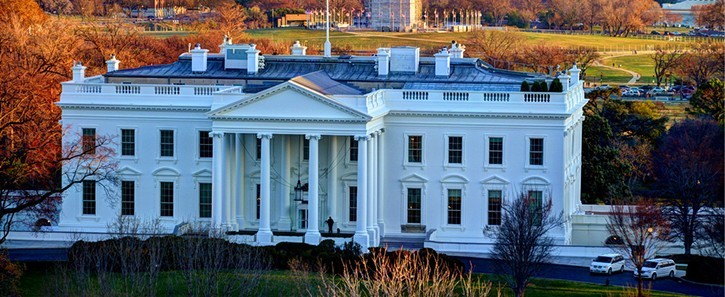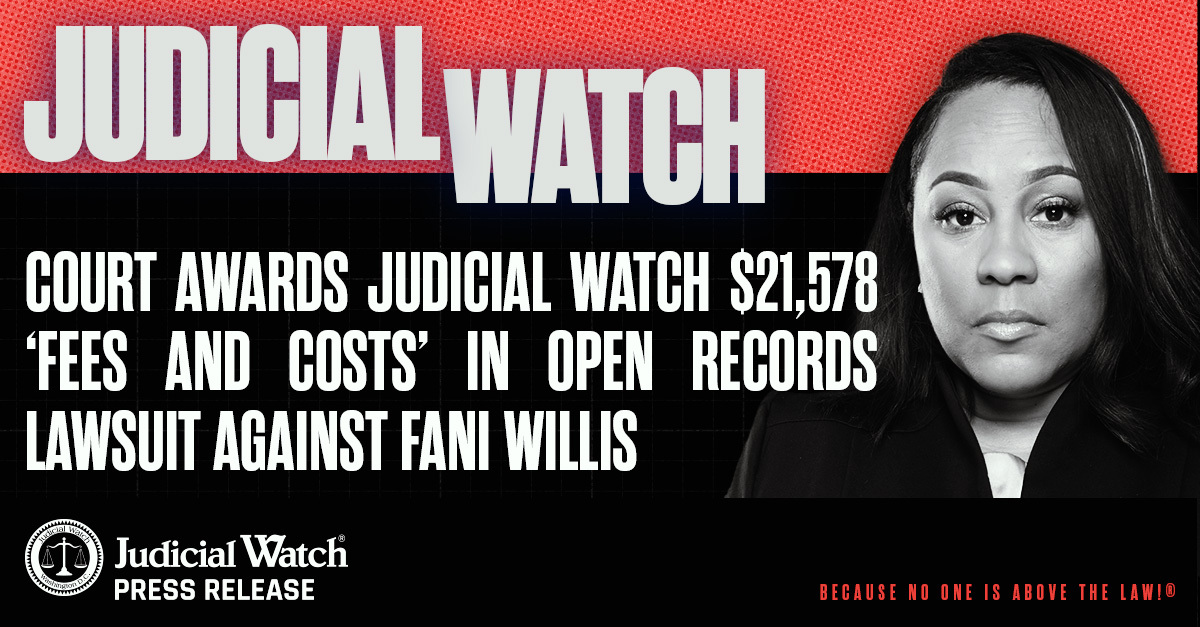

Records Show Obama Hired Behavioral Experts to Expand Use of Govt. Programs


The Obama administration quietly hired 20 social and behavioral research experts to help expand the use of government programs at dozens of agencies by, among other things, simplifying federal forms, according to records obtained by Judicial Watch. The controversial group of experts is collectively known as the Social and Behavioral Sciences Team (SBST) and it functions under the White House Office of Science and Technology Policy (OSTP).
In 2015 Obama signed an executive order directing federal agencies to use behavioral science to sell their programs to the public, the records obtained by Judicial Watch reveal. By then the government had contracted “20 leading social and behavioral research experts” that at that point had already been involved in “more than 75 agency collaborations,” the records state. A memo sent from SBST chair Maya Shankar, a neuroscientist, to OSTP Director John Holdren offers agencies guidance and information about available government support for using behavioral insights to improve federal forms. Sent electronically, the memo is titled “Behavioral Science Insights and Federal Forms.”
The records, obtained from the OSTP under the Freedom of Information Act (FOIA), also include a delivery by Holdren in which he insists that the social and behavioral sciences “are real science, with immensely valuable practical applications—the views of a few members of Congress to the contrary notwithstanding—and that these sciences abundantly warrant continuing support in the Federal science and technology budget.” Holdren, a Stanford and the Massachusetts Institute of Technology graduate is a peculiar character who worked as an environmental professor at Harvard and the University of California Berkeley before becoming Obama’s science advisor. In the late 70s he co-authored a book with doomsayer Paul Ehrlich advocating for mandatory sterilization of the American people and forced abortions in order to depopulate the country. A head of the OSTP Holdren technically oversees the SBST.
Information about this absurd behavioral team remains sketchy because the administration, which claims to be the most transparent in history, withheld nearly 100 pages of records that could have shed light on the taxpayer-funded group’s secret operations. The Obama administration cited an exemption—officially known as B5—that applies to deliberative process, which allows government officials to discuss policy without the discussions being made public, or attorney client privilege. In this case it appears that the administration used the deliberative process exemption to withhold the records since it’s unlikely that attorney client privilege applies. B5 is the most abused of the FOIA exemptions and is regularly used to hide material that may embarrass the government.
That appears to be the case in this instance, though we’ll never know for certain because it’s unlikely the SBST records will ever be released since it’s very difficult to challenge B5 exemptions. Americans should be concerned that the government is employing behavioral experts to use psychological techniques in order to manipulate the behavior of its citizens. This makes it all the more imperative that the discussions between these government officials be exposed to the public and not shielded through a specious claim of “deliberative process.”
In its first annual report to the president last year, the SBST writes that it works to identify how behavioral insights can be integrated into federal agency programs in order to help agencies achieve their missions and objectives. This, it claims, will better serve the nation. The new group’s projects “are designed to address only the behavioral barriers that affect how people engage with programs,” the report says. It includes a list of federal agencies that have worked with SBST to coordinate the application of social and behavioral research to “advance policy and program goals.” They include the departments of Agriculture, Defense, Education, Treasury, Justice and Labor as well as the Social Security Administration and the U.S. Agency for International Development (USAID). “When behavioral insights—research findings from behavioral economics and psychology about how people make decisions and act on them—are brought into policy, the returns are significant,” according to the SBST report.















